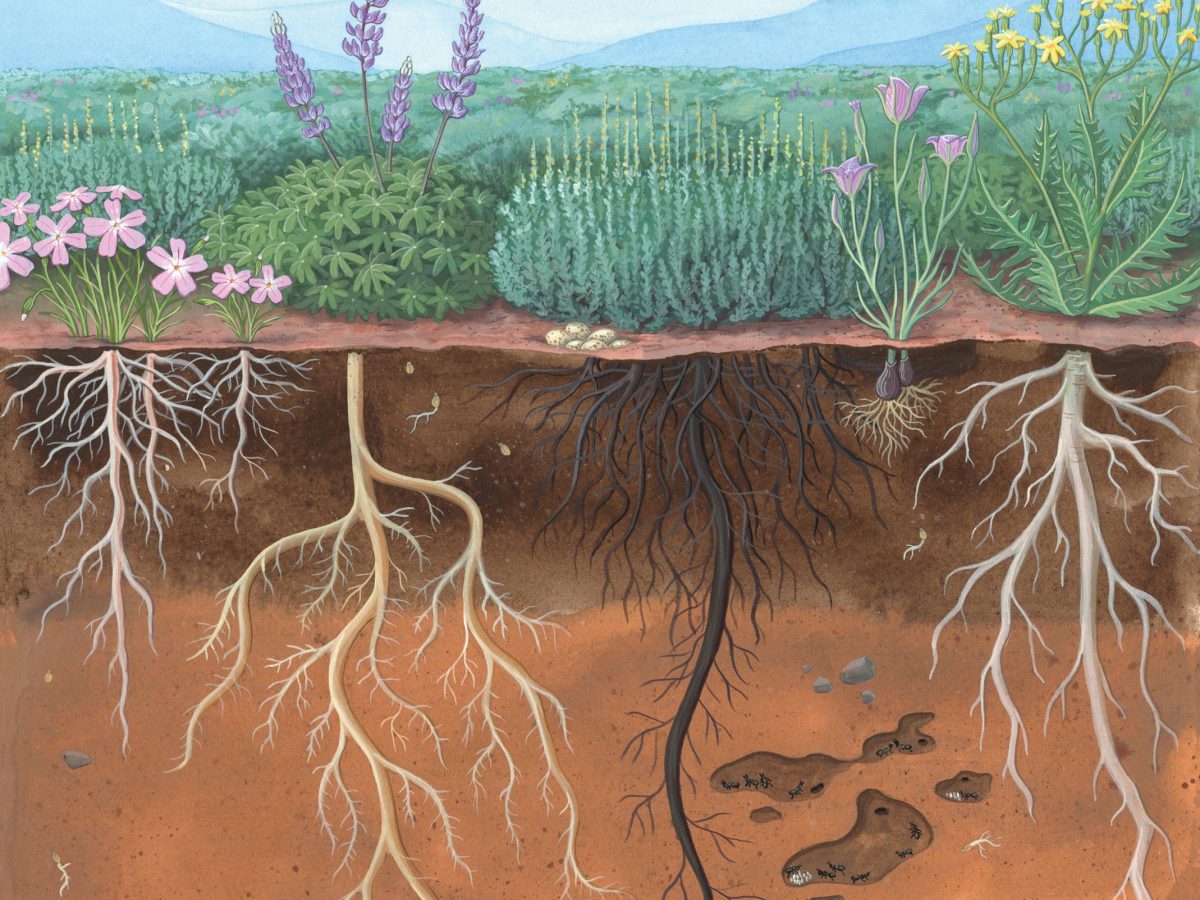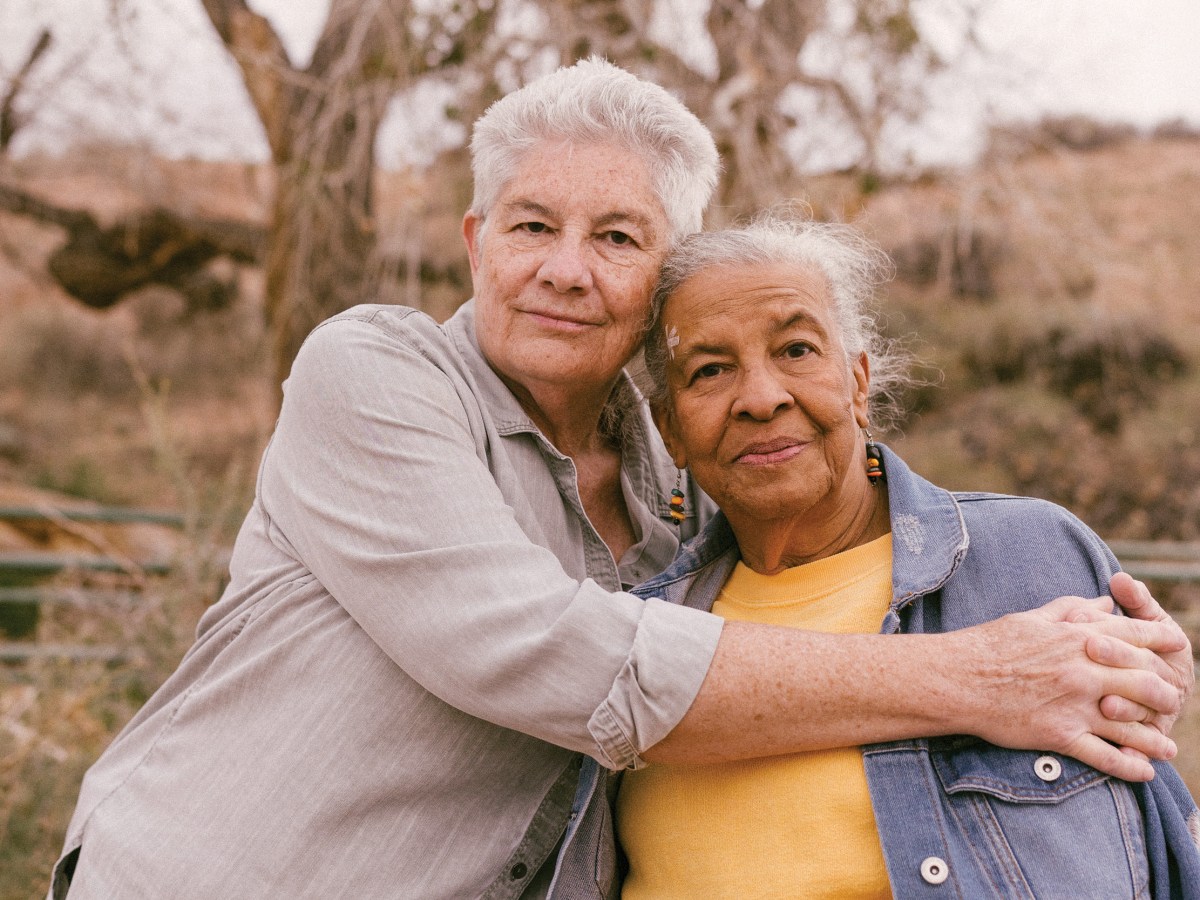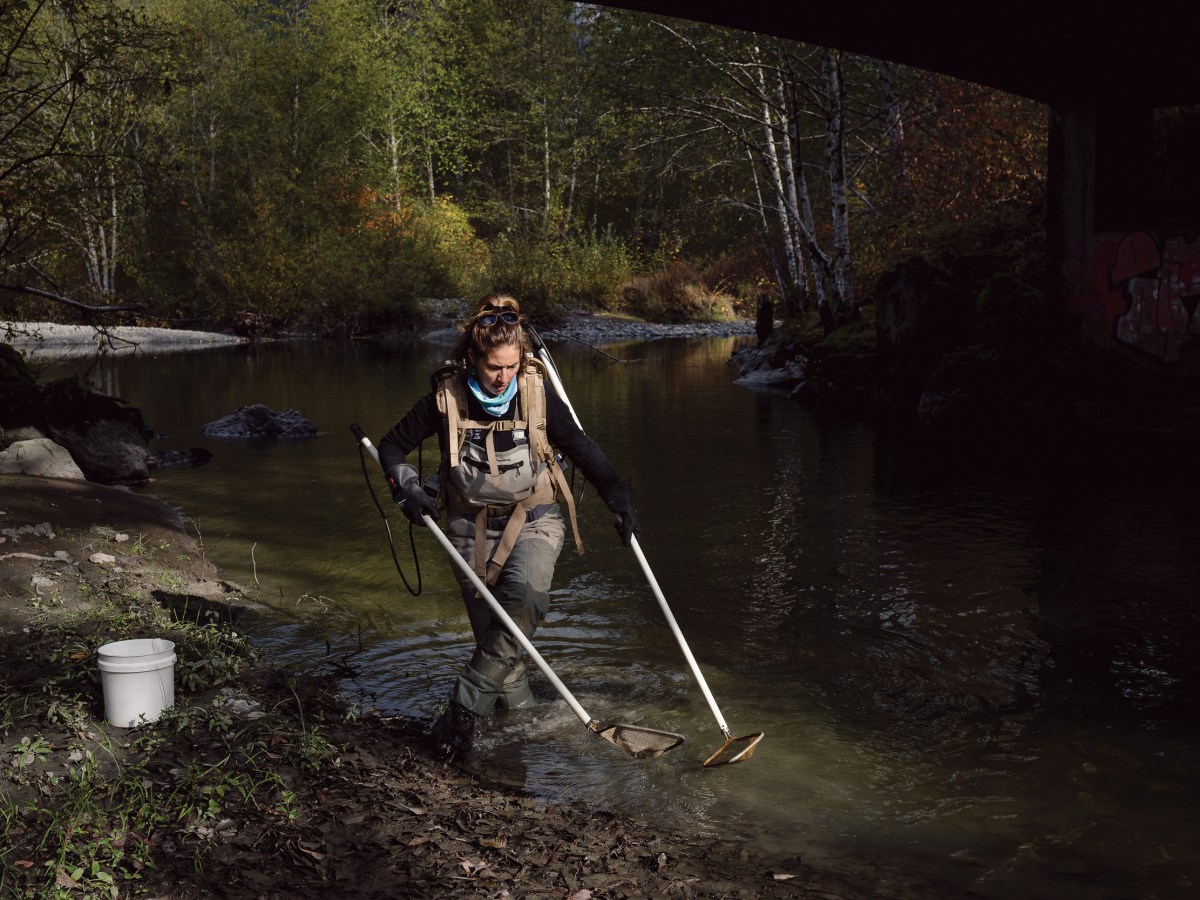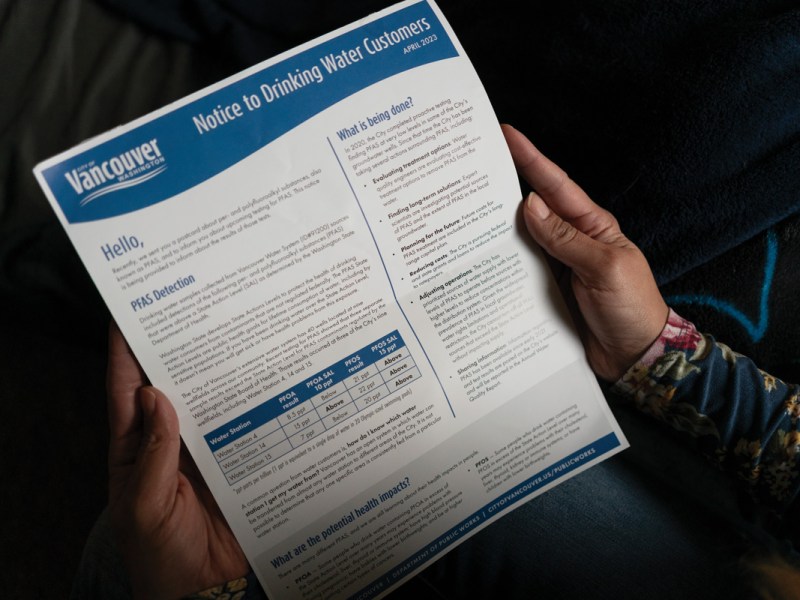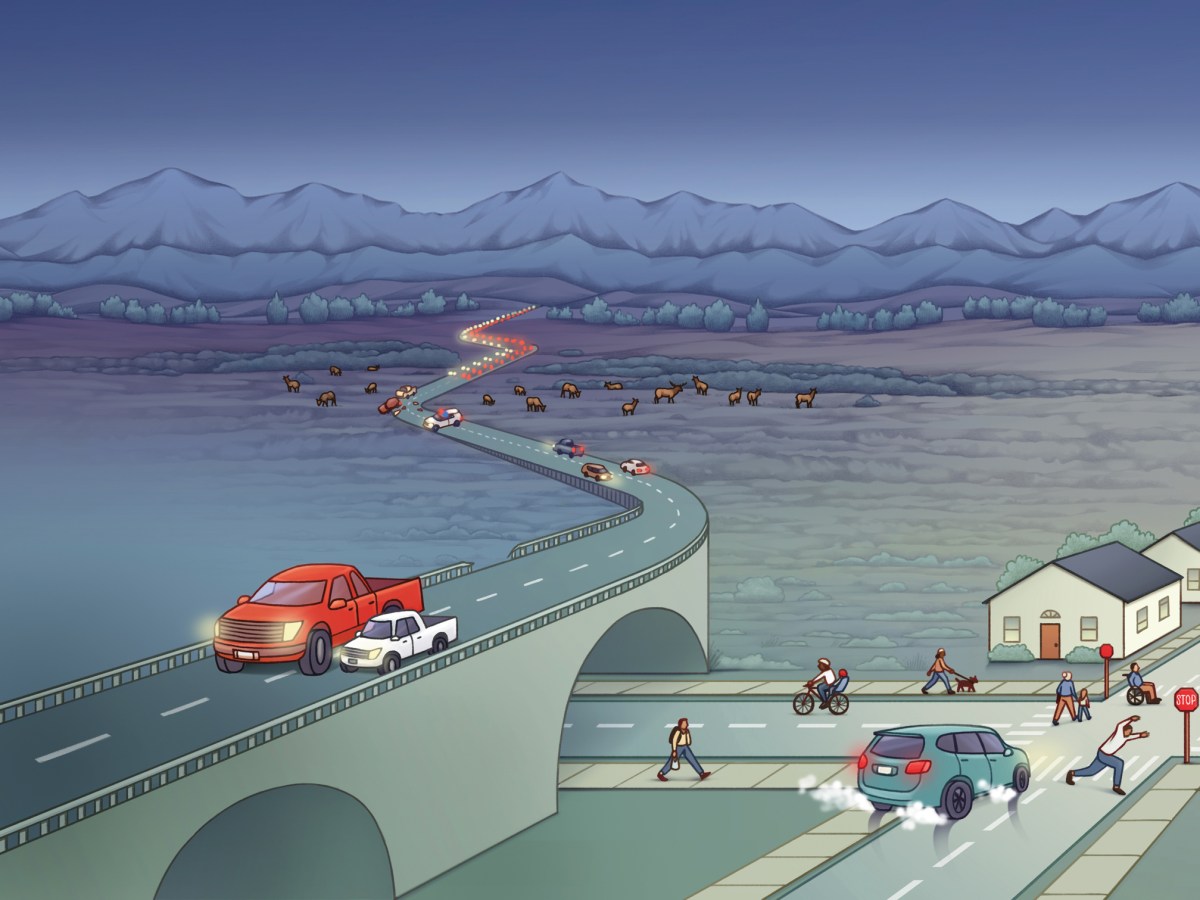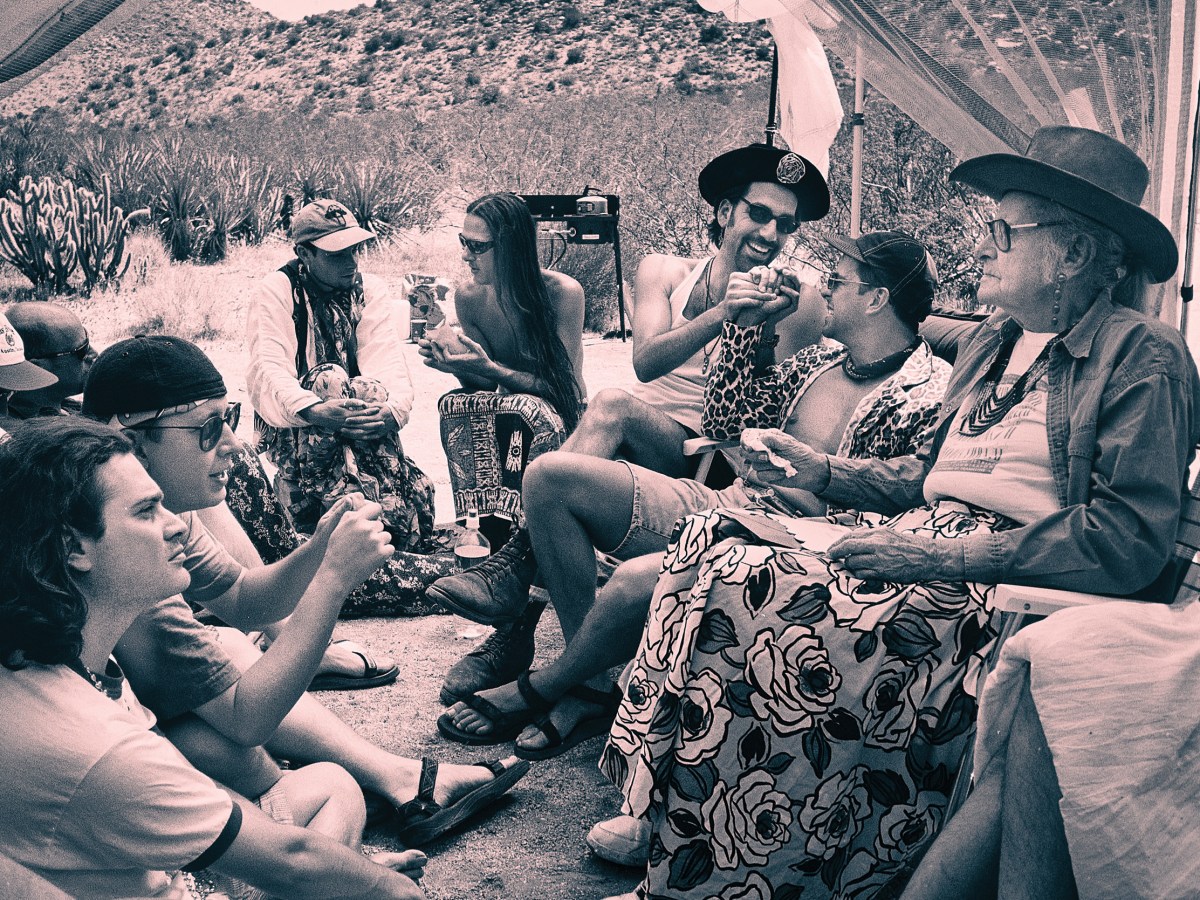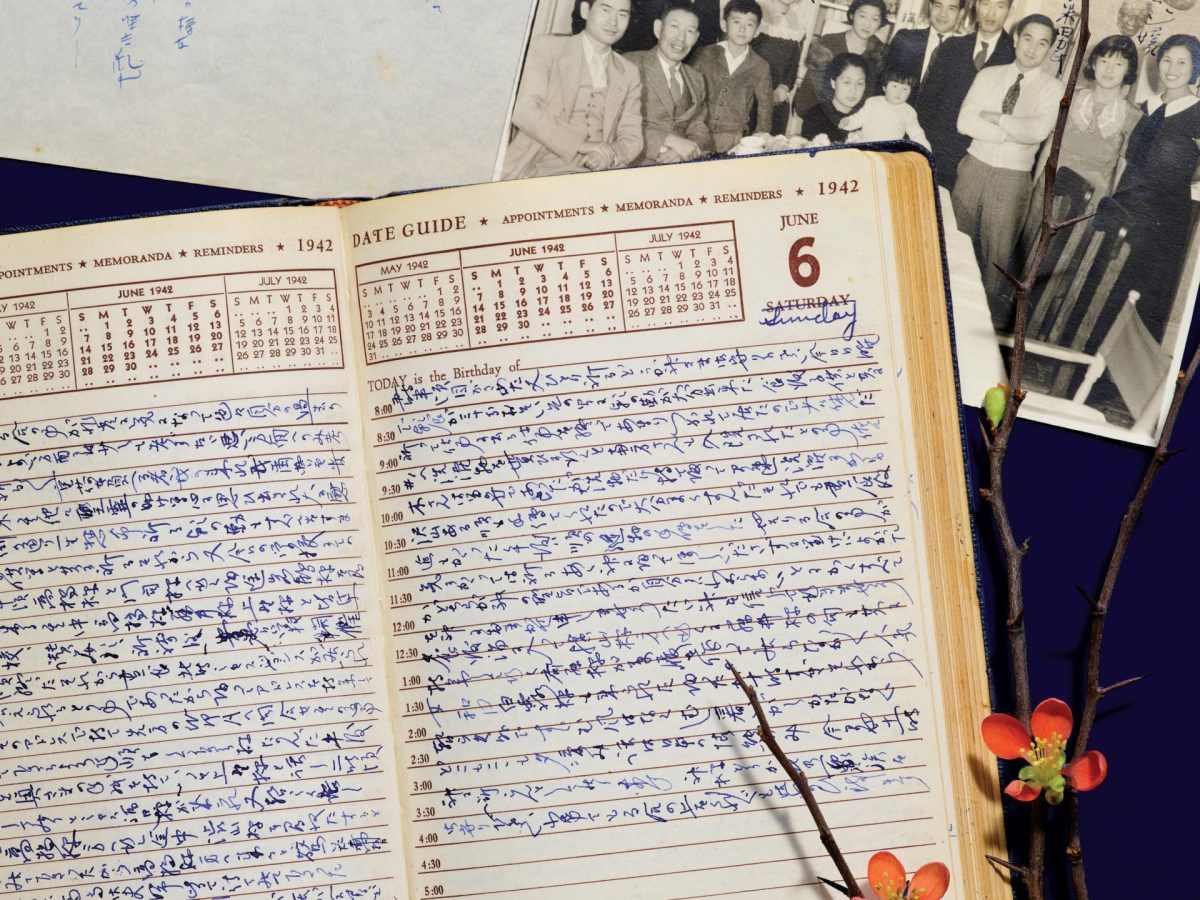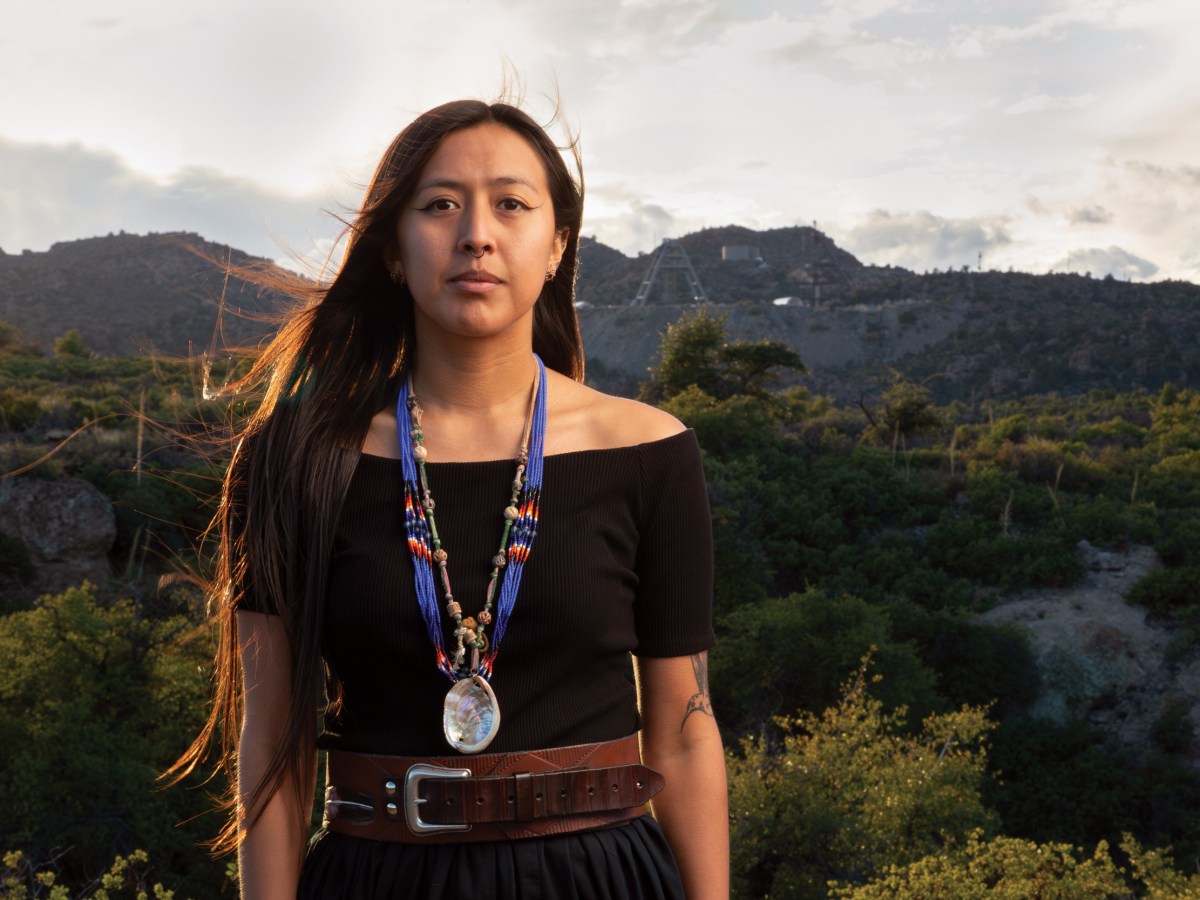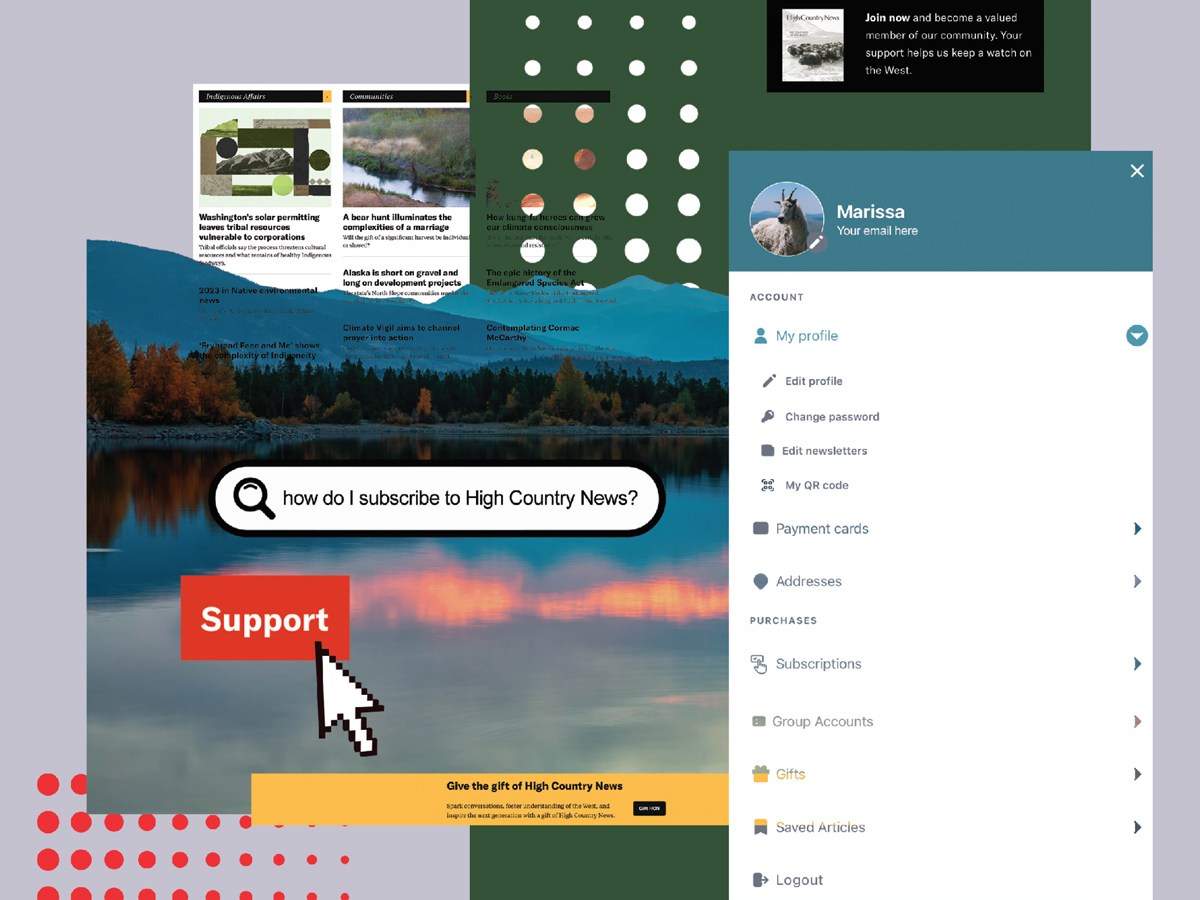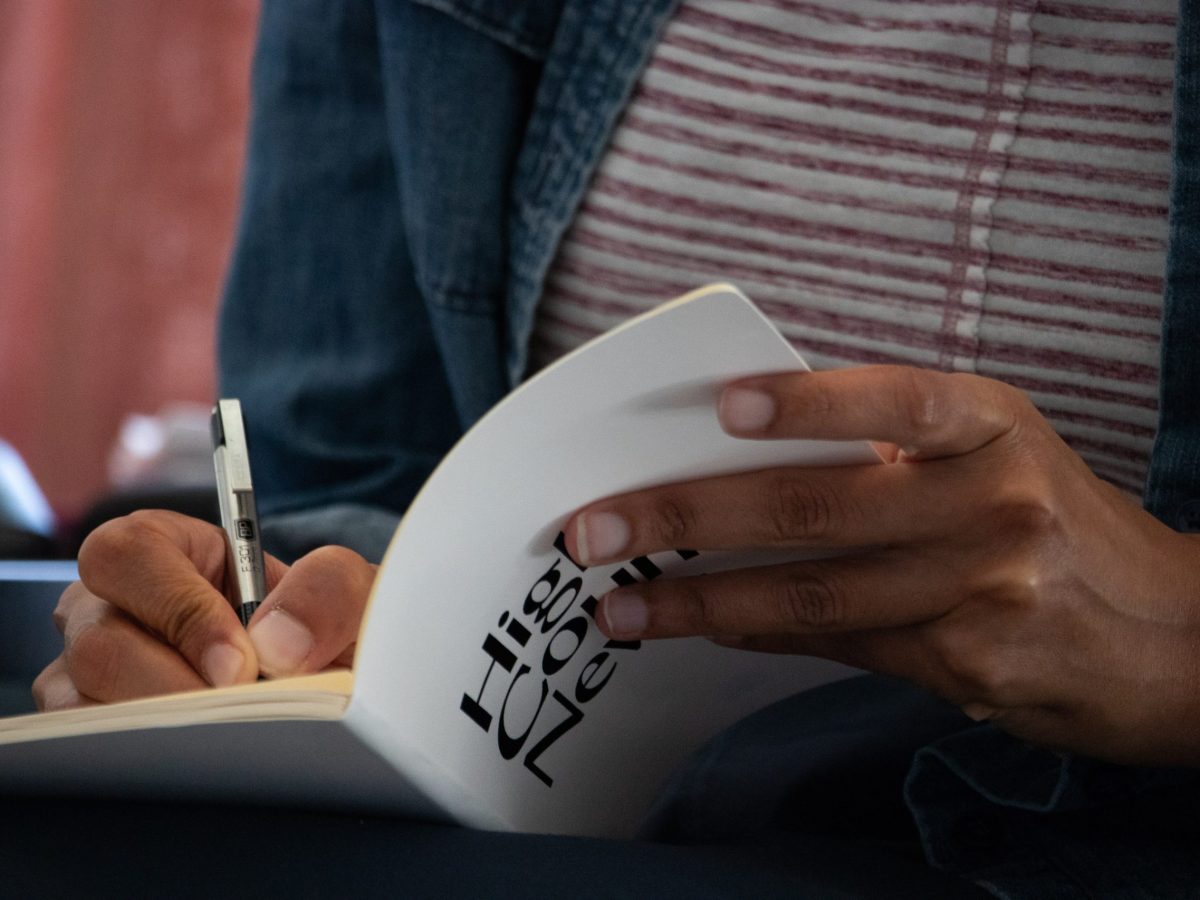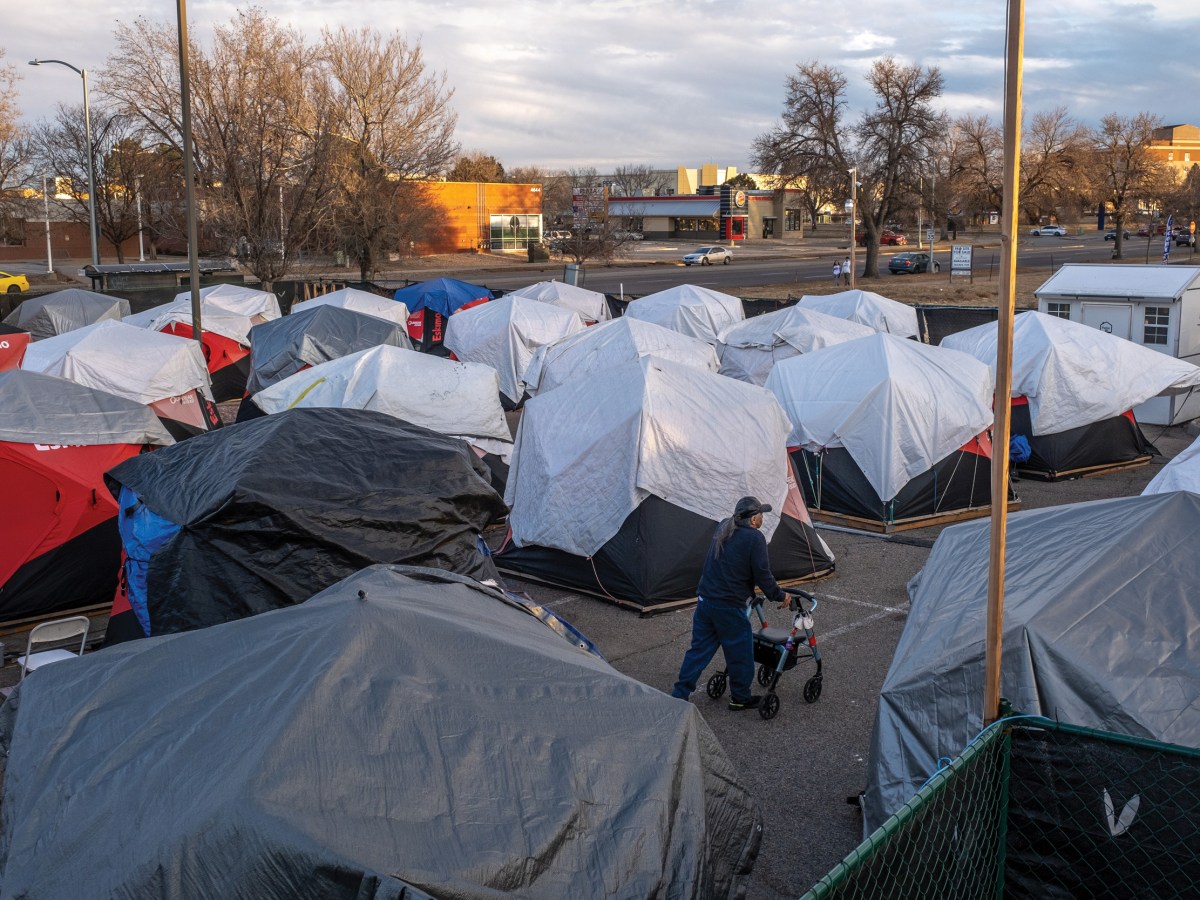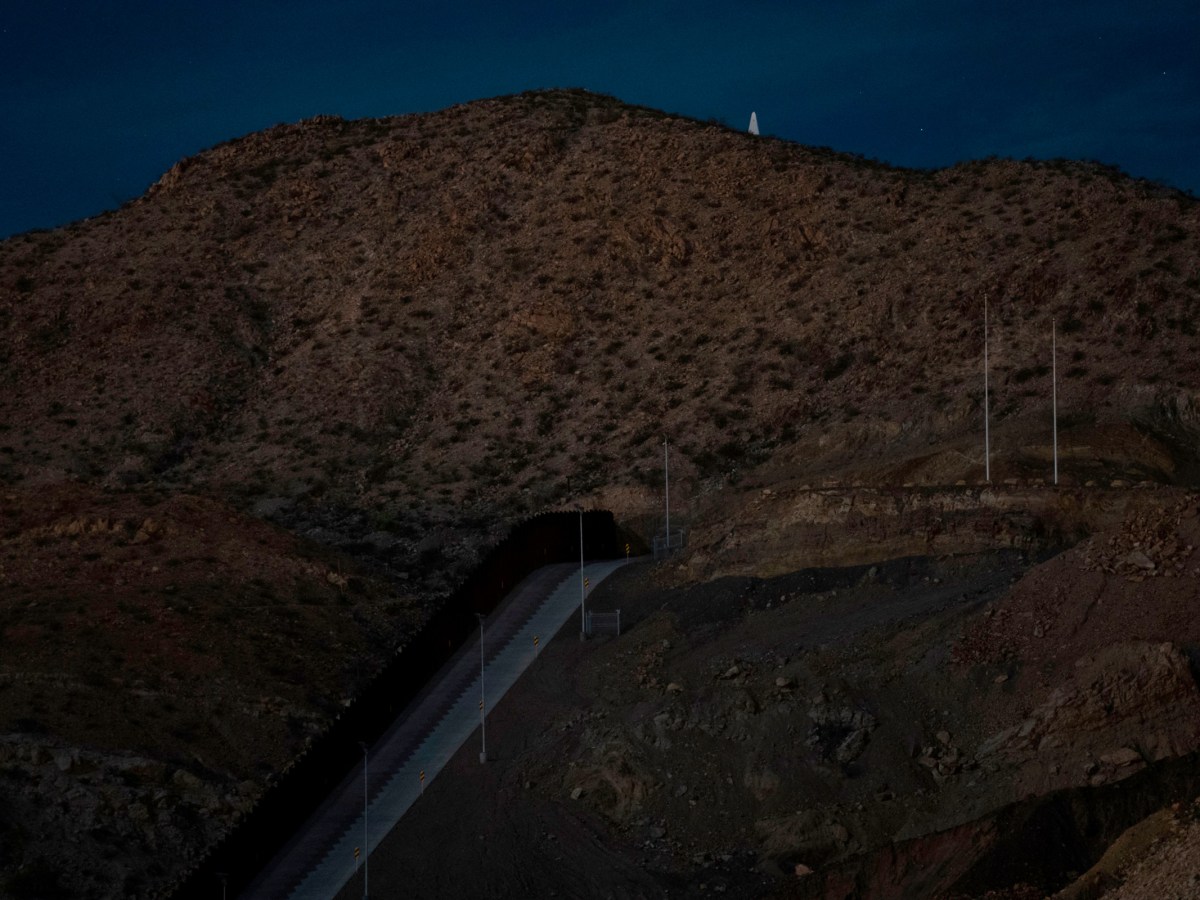It’s easy to feel overwhelmed during difficult times, but HCN’s March issue finds good reason to hope. Our two feature stories highlight the resilience of both human relationships and damaged ecosystems, with a photo essay about the lessons learned from older lesbian couples, and a wide-ranging survey of “natural regeneration,” the way that native seeds can survive underground, sometimes for centuries, waiting for the right conditions to sprout and flourish. We rediscover the Japanese-language poetry written in the U.S. between the world wars and meet gay men who found new community in the desert. But challenges remain: The toxic levels of PFAS in drinking water are often hidden from consumers, our car culture is killing us and our communities, and first responders are scrambling to keep up as immigration patterns shift and the death toll rises. Meanwhile, activists work tirelessly to find homes for unhoused Indigenous people, while researchers track Pacific lamprey to ensure the survival of an ancient and elusive species.
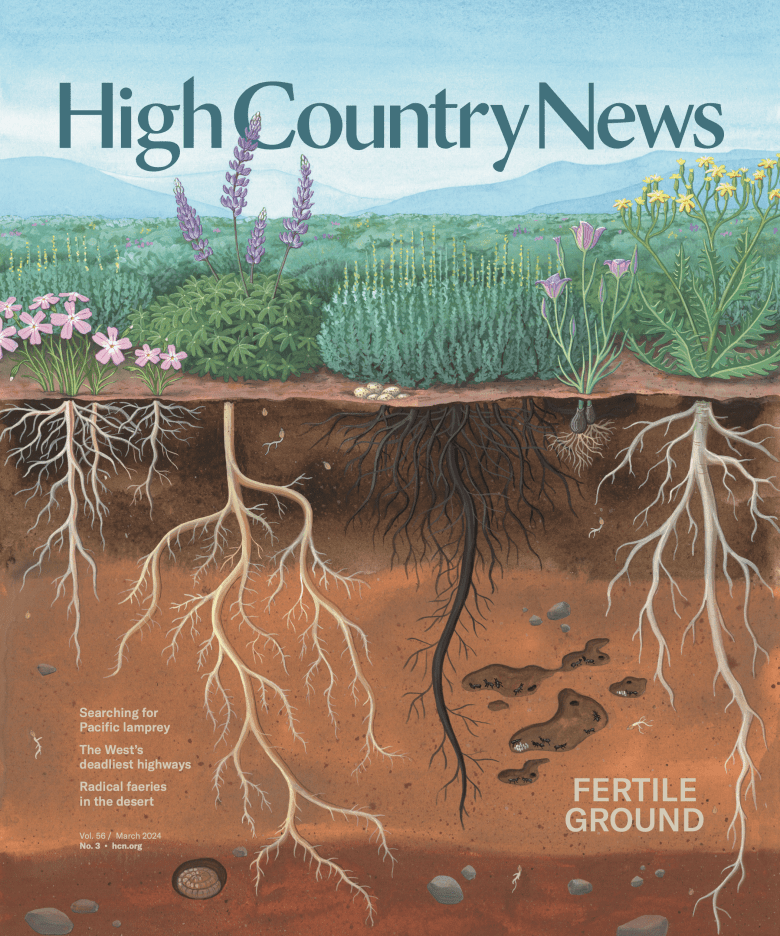
Underground seed banks hold promise for ecological restoration
Indigenous science is using natural regeneration to restore Western ecosystems.
An ode to lesbians who showed the way
The photography series ‘Hidden Once, Hidden Twice’ highlights women who serve as a model for others.
Saving the Pacific lamprey
Documenting populations of the ancient fish is a step toward ensuring their survival.
The dangers of PFAS — and of downplaying their ubiquity
Even well-meaning officials often provide inadequate or misleading information, putting communities at higher risk.
The West’s hazardous highways
America’s car culture kills people and wrecks communities.
The desert’s Radical Faeries
How a gathering of gay men in the Sonoran Desert started a worldwide movement rooted in nature.
Issei poetry between the world wars
The rich history of Japanese-language literature challenges assumptions about what counts as U.S. art.
Nocturne
A poem by Geri Doran.
‘We have been here and are still here’
#iamthewest: Giving voice to the people that make up communities in the region.
Killer kitties, no-drama llamas and a brand-new arachnid
Mishaps and mayhem from around the region.
The value of awe
Being dumbstruck by the beautiful complexity of nature is good for you.
A new digital us
HCN has new tech systems and new (real) editorial fellows.
Letters to the editor, March 2024
Comments from readers.
Can affordable housing for Indigenous communities work?
The question looms large as Denver breaks ground on its first affordable housing project for Indigenous people.
As migration routes shift toward New Mexico, so does death
Migrant deaths in the state have jumped from 2 to 109 in a few years.

